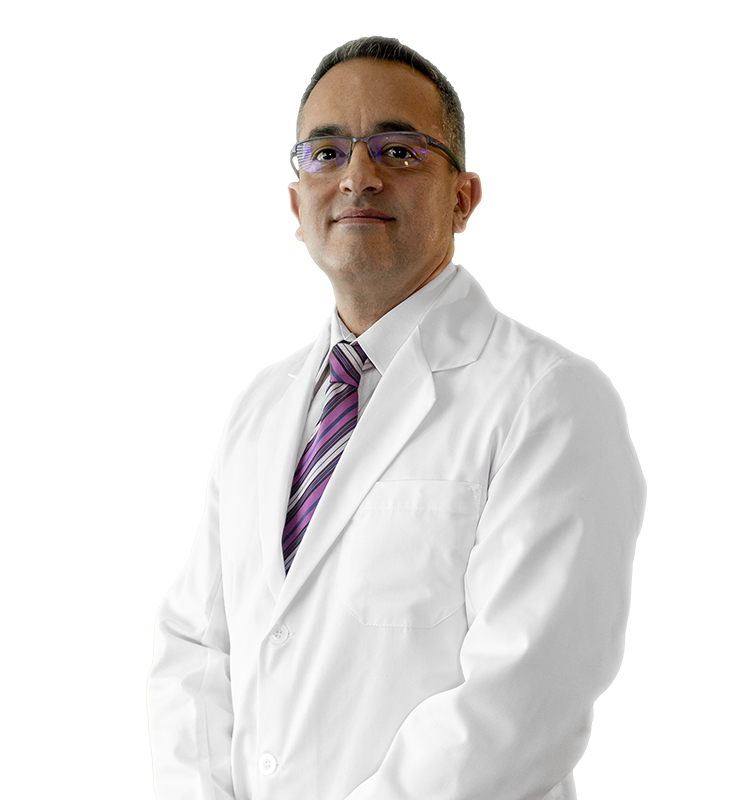What is the right treatment for me?
When we find out that we need assisted reproduction treatment to be able to be parents, questions arise, the first is what type of treatment do I need.
As each infertility problem is very particular, which treatment will be used depends on certain variables:
If the woman has difficulties at the hormonal level and her ovulation does not follow a cycle or is absent, medications to restore ovulation followed by timed intercourse may be the perfect solution. The percentage of success in achieving pregnancy with this technique is around the normal percentage of couples without fertility problems, which is 20%.
For young women, under 38 years of age, with healthy fallopian tubes and their partner with a normal seminogram, artificial inseminations (AI) can be performed with a success rate of 20 to 30%.
If the woman is older than 38 years and/or with obstructed tubes, in vitro fertilization (IVF) is considered. When the man’s semen is altered, sperm microinjection (ICSI) is used, which together with IVF have a 65% chance of success, depending on the age of the woman and the conditions of the semen.
If one or both members of the couple do not have gametes (eggs and/or spermatozoa) or they do not have the necessary quality to get pregnant, then gametes from donors are used. The success rate in these procedures can exceed 75% in egg donation.
There are special circumstances
such as the presence of heritable genetic conditions, which could be detected before embryo transfer to the mother. In these cases, a Preimplantation Genetic Diagnosis (PGD) is made in which embryos with chromosomal or genetic alterations that can be inherited can be detected and these are not transferred. The success rate in these cases is 70%.
Due to the different success rates of each technique, it could happen that one of these processes does not lead us to achieve a pregnancy on the first try. We are talking about success rates, because the human body has its own reproduction criteria. The important thing is not to exceed the use of the same technique and invest a lot of time in it, because time passes, patience runs out and emotions and money wear out.
For scheduled intercourse, a maximum of 4 attempts is suggested if the woman is under 30 years of age. For artificial insemination maximum 3 attempts if she is under 38 years of age.
For in vitro fertilization, it is most likely that in a maximum of two attempts the couple will become pregnant, although there are no limits on attempts. With IVF, there are other alternatives that can be incorporated into the technique to achieve a pregnancy if the basic procedure does not achieve the goal, such as ICSI, PGD, gamete donation.
